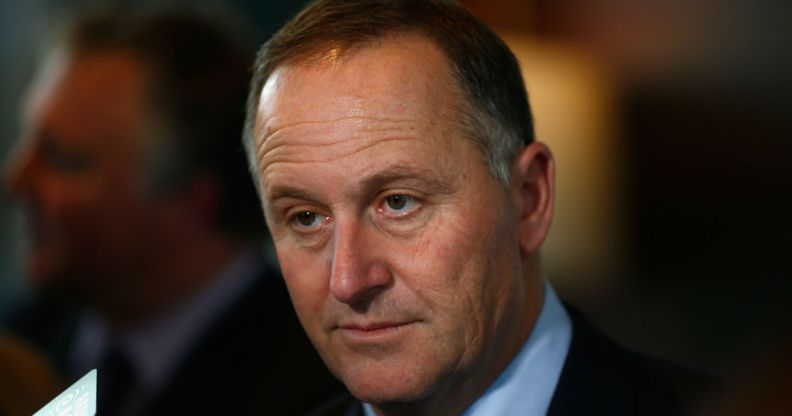New Zealand government to recognise ‘gender diverse’ people as well as male and female

The New Zealand government is changing the way it records gender – allowing people to identify as “gender diverse”.
The government’s official data collection body Statistics NZ announced the change, which will be the new standard across government agencies.
It explained: “‘Gender diverse’ will join ‘male’ and ‘female’ categories in a new gender-identity classification released today by Statistics New Zealand.
“This new classification records the identity of all people, including those who see themselves as different from male or female, and forms an integral part of the Statistical Standard for Gender Identity.”
“Gender identity is about how a person identifies themselves – as wholly male, wholly female, or having aspects of either or both. It is different from a person’s biological sex. Statistical standards are used to help organisations plan how best to collect the information they need.”
Jo-anne Allan of Statistics NZ said: “The term gender diverse is fairly new but we believe that over time it will be widely used and accepted. We recommend this term for official statistical use.
“It’s a complex issue as gender identity is about how a person feels and experiences their gender, which can change over their lifetime. We’ve worked with a wide range of government and community groups to finalise this standard and the terminology.
“We believe the gender diverse population see it as a step towards being seen, counted, and understood. The standard expands gender identity categories beyond the current female/male boundaries.”
Human Rights Commissioner Richard Tankersley said: “This gender diverse standard paves the way for the New Zealand Government to collect data on people with diverse gender identities in a way that has never been possible, leading to a better understanding of the need for recognition and inclusion of the range of trans people in New Zealand, and to advancing the full realisation of their human rights.”
New Zealand already offers ‘Gender X’ passports who people who identify as neither male or female.

